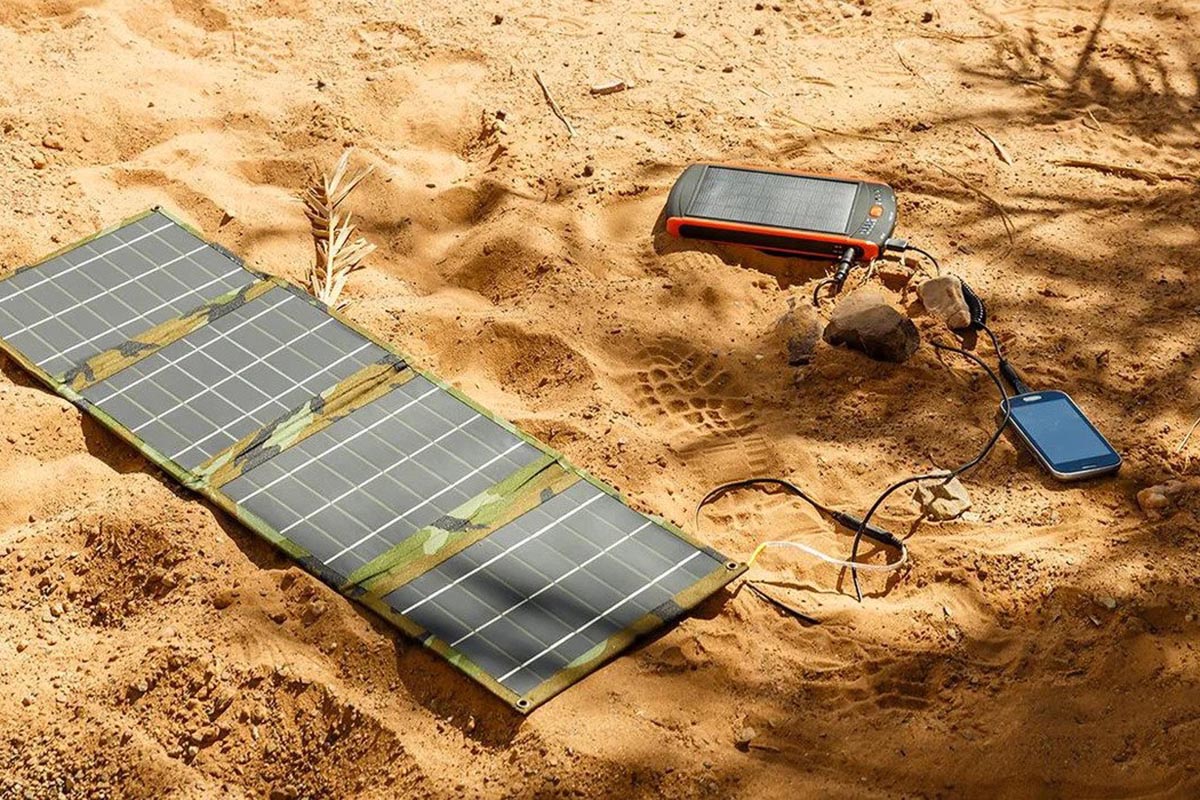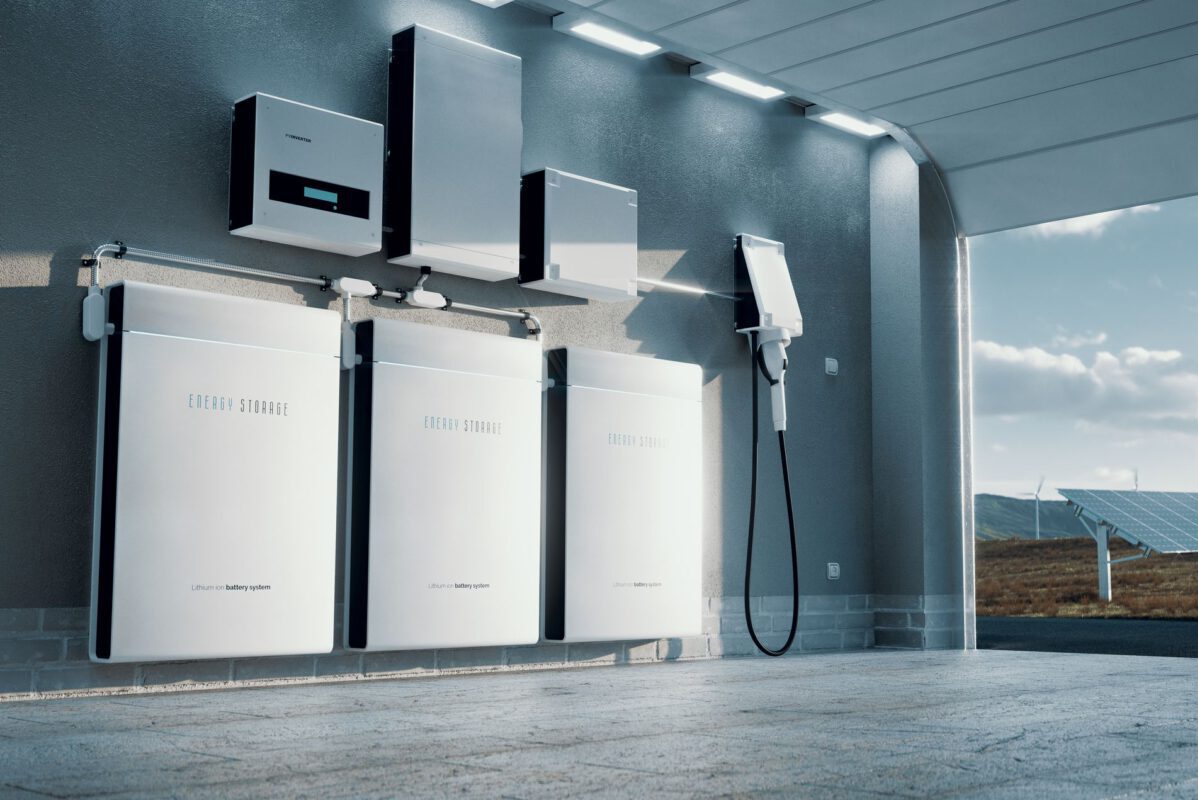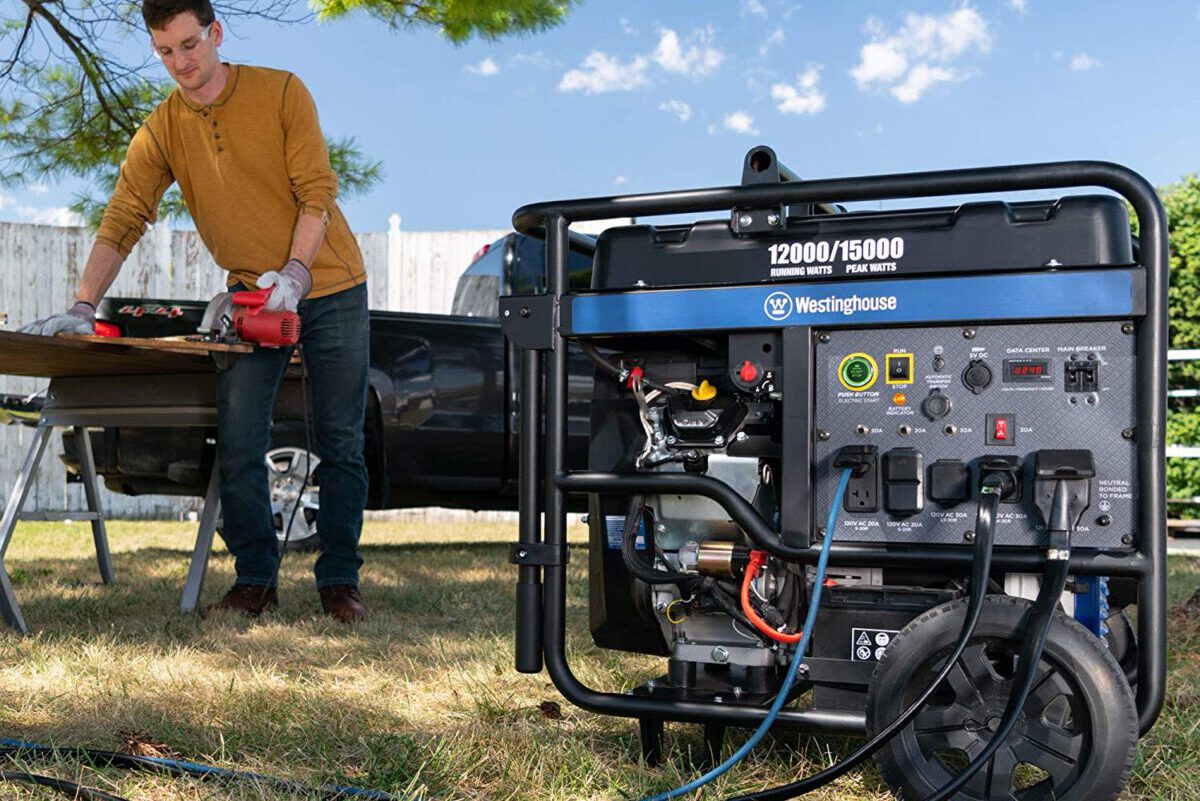What We Can Learn from the Texas Blackout

Texas residents can easily narrate their ordeal of the massive unexpected blackout that led to severe damage. Blackouts are often unpredictable. This means your phone could be letting out a “battery low” warning, with you seated on the couch, watching your favorite program as the air conditioner keeps your room warm.
Within seconds, the power is out, and you think it will only take an hour at most. 2 hours later, you are freezing with no air conditioning system. You decide to light a fire using the wood you have stashed in your house that you haven’t been using to keep your freezing toes and fingers warm.
Twelve hours later, no power. You have been surviving on candles, and you barely have a way to warm your food. Forty-nine hours later, the power is still out, you have run out of candles, and the remaining wood won’t last an hour.
There is a lot to learn from the 60 hour+ blackouts in Texas. The fault for the outage was shared between the State regulatory, ERCOT, and State Lawmakers. However, the share of the responsibility is not enough; what can be done to prevent repetition is what matters.
The solutions put forward to prevent a similar power outage included more regulation and mandates. But is that enough?
Adoption of Solar Storage

The survey following the blackout revealed the lack of public awareness of solar and energy storage as a backup option. Nonetheless, there is a promising sign as more people continue to inquire about solar and install panels in their homes. Since the blackout, the inquiries have increased by 80%, as reported by EnergySage.
Previously, conversations about energy storage were quickly ended by sales consultants who confidently told consumers that storage did not pencil out. Nonetheless, the consumer interest in storage was not about load-shifting.
After almost three days in darkness and cold with burst pipes, Texans now have a new perspective about energy. They understand the impact of energy on their daily lives and normal routines like warmth and clean drinking water.
Companies should interact with their customers to learn about their hopes and fears. Interest in their welfare will result in customers gaining more trust and embracing alternative ways to energy generation.



